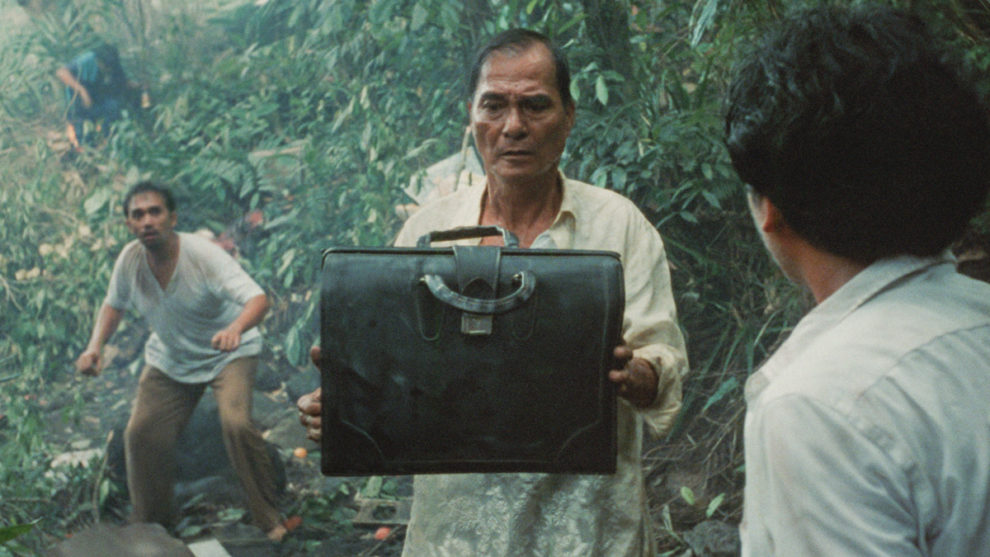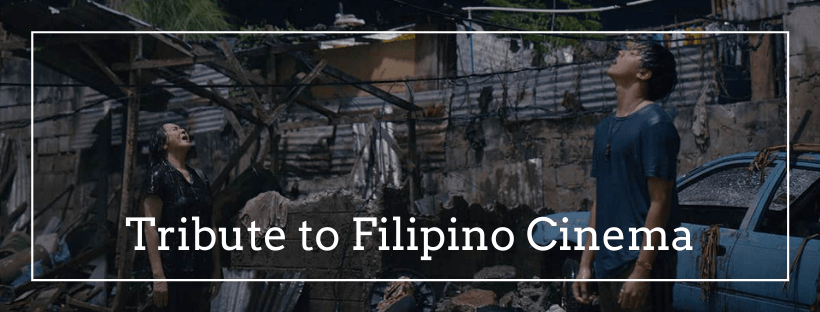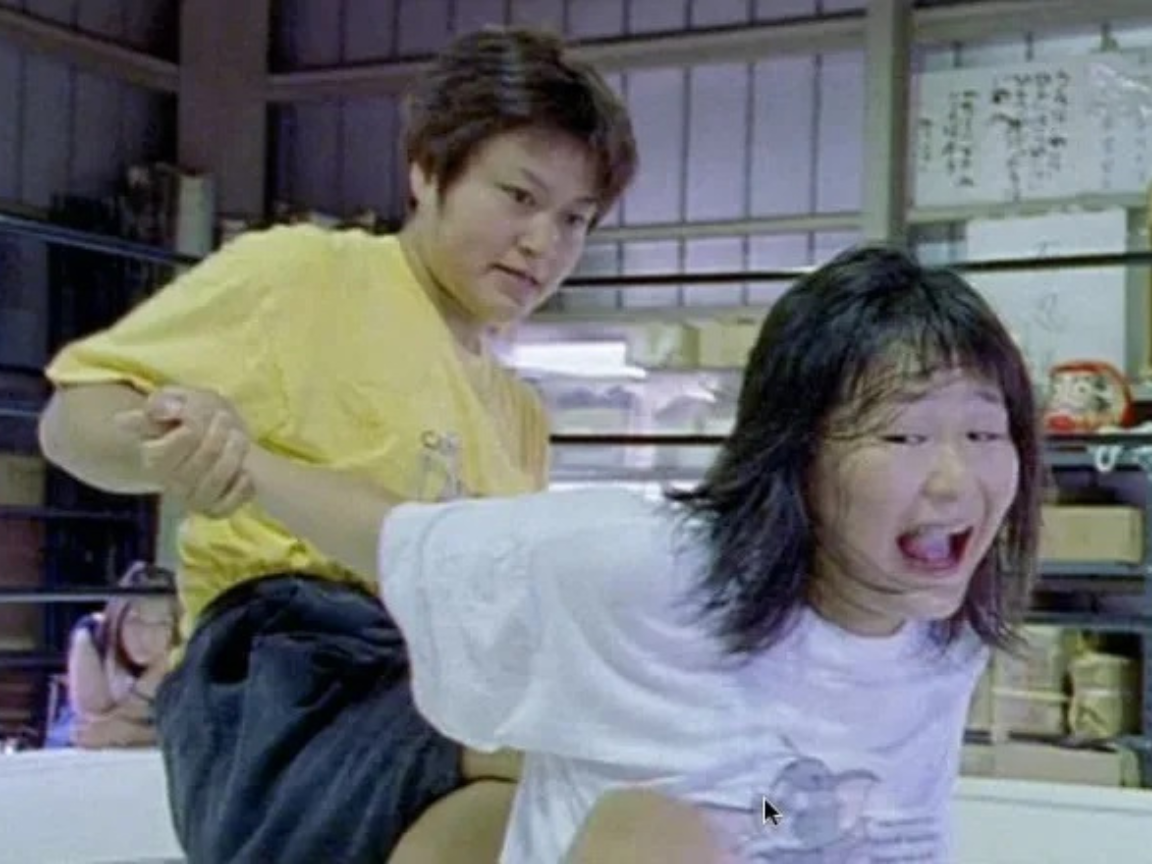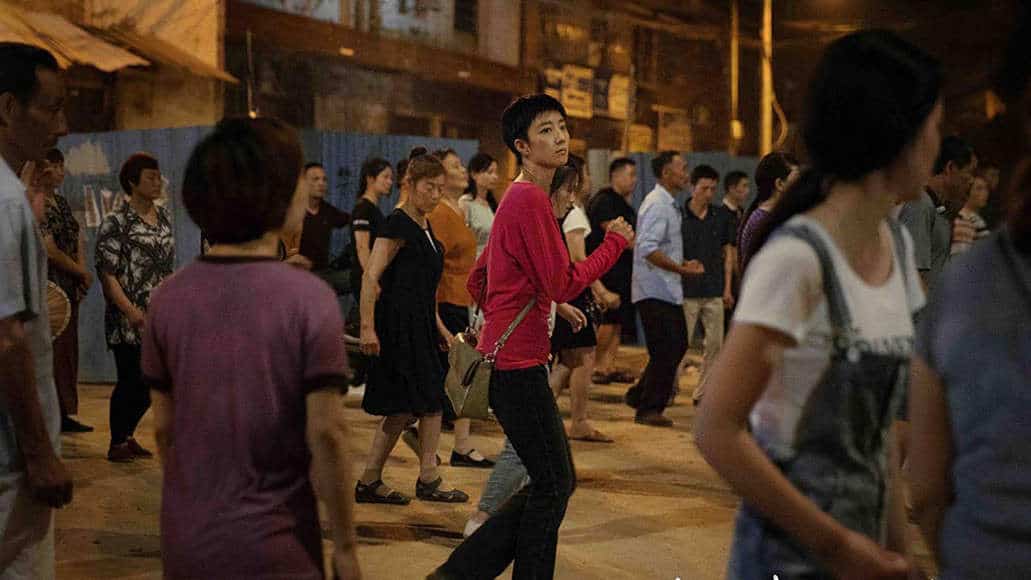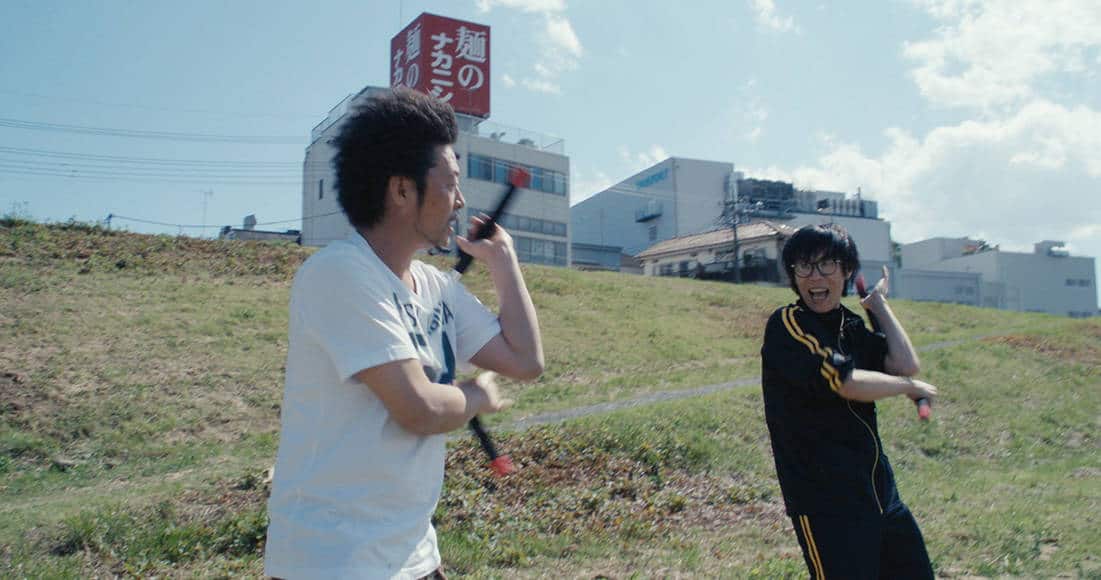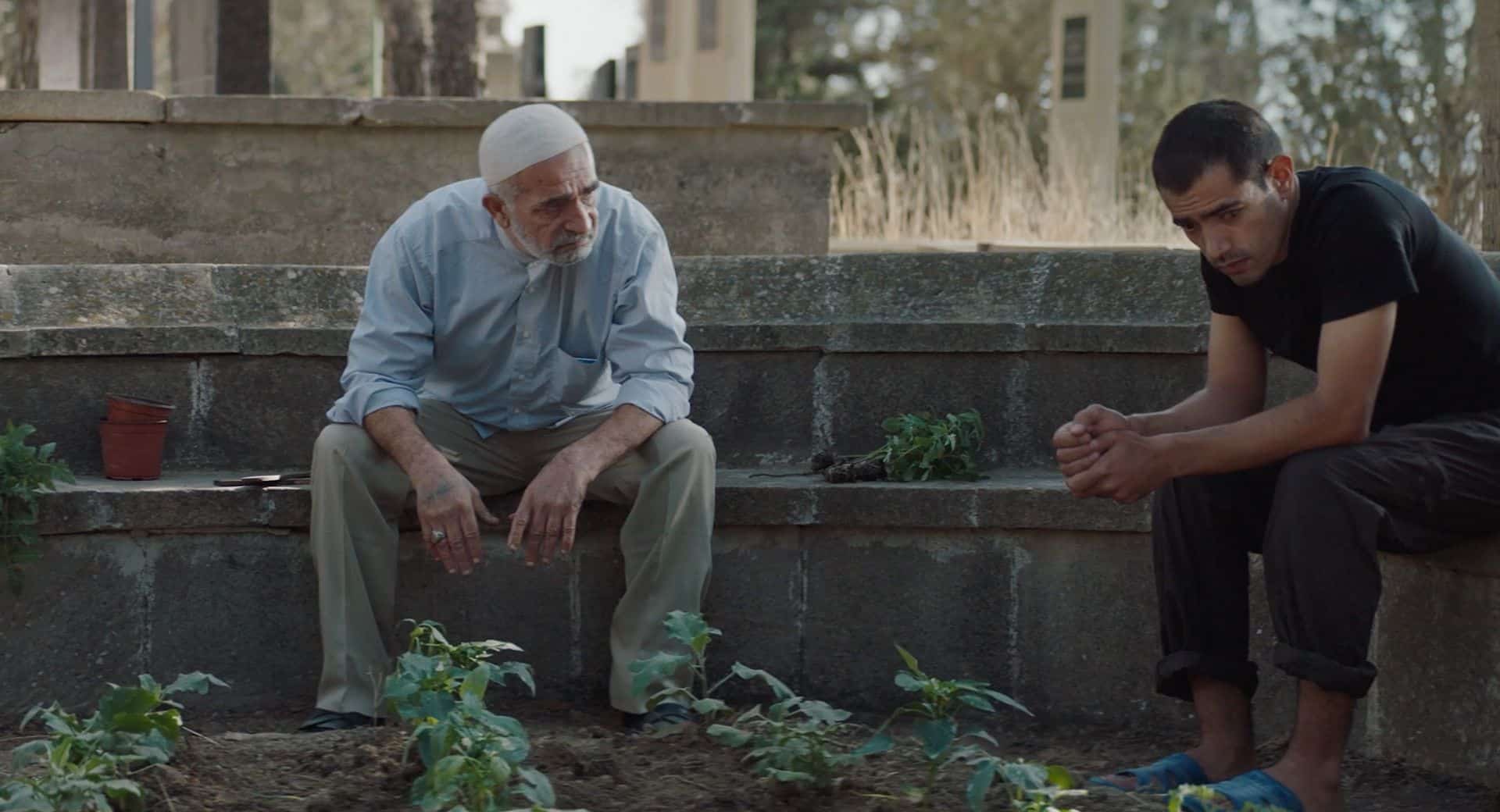Restored by ABS-CBN, “Misteryo sa Tuwa” is another film that highlights the great cinema that was produced during the 70s in the Philippines, with its metaphoric nature being filled with context as much as entertainment.
“Misteryo sa Tuwa” is screening at San Diego Asian Film Festival
The story is set in the '50s, in a barrio in Lucban, Quezon, at the footsteps of Mt. Banahaw where the villagers live side by side with the military, who are there to fend off the Huks guerillas. The film opens during a feast for a child's baptism, where all the people in the village are enjoying themselves, despite some minor whining from the soldiers. Suddenly, a plane crashes in the forest that surrounds the area and the villagers swiftly transform into something very close to animals. None of them is even remotely interested in helping any potential survivors instead they try to loot everything they can, from fruits and cheese they eat to the spot, to clothes and everything between, while hiding anything they can from the rest of the people they were feasting with just moments before. Three of them, Ponsoy, Mesiong, and Jamin find a true treasure: a briefcase filled with money, which they decide to keep for themselves and their families. A bit later, two Chinese executives arrive in the area, with the locals getting paid to help them look into the remains of the plane. At that point, Alcalde Valle, the mayor, learns about the suitcase, and a rather harsh cat-and-mouse-games begins among the three and their families, and him and his subordinates. Violence eventually takes over.
Abbo Q. Dela Cruz directs a film that deals with a number of social, philosophical and political comments, mostly through metaphors but also literary on occasion. The way the villagers behave in the face of opportunity is an almost scary comment on human nature, and particularly how greed can change people, but also on the effects of poverty. The scene with them looting the plane is impressive in that regard, as Dela Cruz has them behaving like animals, highlighting his ability to direct many actors at the same time, while Jess Navarro's editing induces the sequence with a frantic pace the mirrors their mentality in the best way. Furthermore, the fact that the soldiers are the only ones who deal with the dead is another comment, particularly for their officer in charge, Kapitan Salgado, who is repeatedly presented as the sole force of good in the movie.
The scenes where the families of the three talk about the money are also quite meaningful, as we learn about their dreams of leaving the area and going to the capital, wishing to allow their children to study or simply get married is another social comment, that somewhat justifies their deeds. Through these scenes, Dela Cruz somewhat justifies their actions, putting the blame on the overall sociopolitical circumstances.
Eventually, the Mayor emerges as a power of true evil, with his demagogue and extremely cunning ways mirroring the corruption of the Filipino politicians, with another scene, when a local bigwig talks about the issue of rats in an assembly also highlighting the comment through a metaphor regarding who the actual rats are. Mario Taguiwalo as Alcalde Valle is excellent in the role of the mayor, as a genuine villain.
Time and time again, the people of the village are portrayed as animals, with Dela Cruz highlighting the how worse they are from both Huks and the local soldiers quite eloquently, in another very interesting but also somewhat easy to misunderstand comment.
As the story progresses, the movie is filled with exploitation (intense torture) while action takes over the last part of the story, in a complete turn that adds much, however, to the overall entertainment the film offers, particularly after the women get more actively involved.
The closing of the circle in the ending, on the other hand, provides another comment about life keep going on, and that people do not actually change that much, even after intense strain.
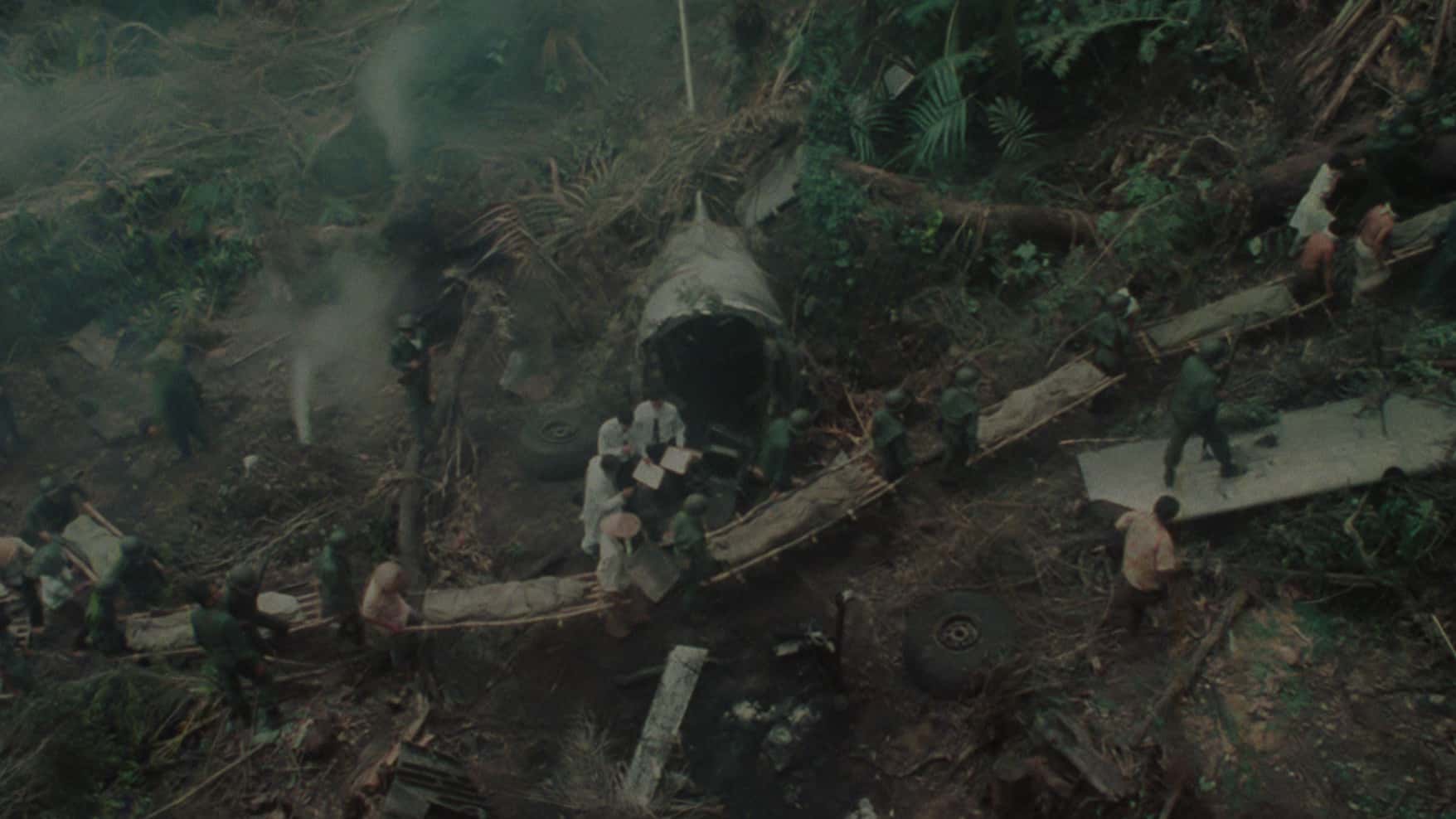
The overall presentation of the area and the events is excellent, with Rody Lacap's cinematography taking full advantage of the mountainous, filled with forest setting. Furthermore, and in combination with Rodell Cruz and Don Escudero's production design, the scenes in the interiors highlight the claustrophobic atmosphere that permeates the narrative, in an approach that is artful as it is meaningful.
“Misteryo sa Tuwa” is a great film that manages to communicate the plethora of its comments with utter eloquence, while entertaining significantly in the process.


